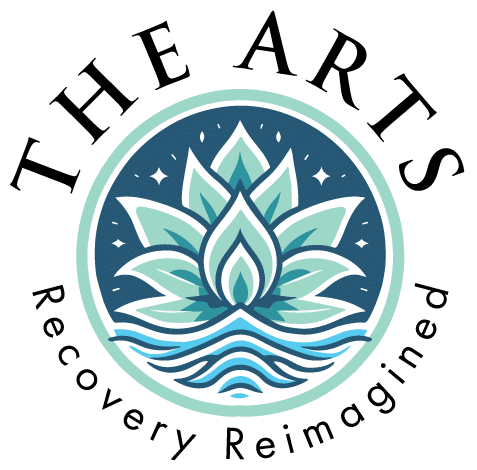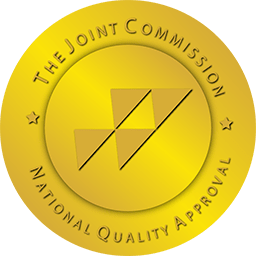In today’s fast-paced work settings, many professionals experience stress as they navigate the demands of deadlines, performance expectations, and the juggling act of personal and work life. While some level of stress is expected in any job, prolonged stress can lead to health challenges, such as addiction.
The link between addiction and stress is intricate, with stress serving both as a catalyst and an outcome of substance misuse. Professionals striving to maintain composure may turn to alcohol, medications, or other substances as coping mechanisms. Unfortunately, this pattern can create a cycle that impacts their well-being and professional success.
The Relationship Between Stress and Addiction
There is a connection between stress and addiction, forming a cycle that can be challenging to break. Prolonged stress, whether stemming from work or other life demands, can drive individuals to seek solace in substances like alcohol and drugs or behaviors such as gambling or overeating. While this coping mechanism may provide relief, it also lays the groundwork for addiction.
When someone faces stress, their body releases stress hormones like cortisol. Over time, persistent stress triggers alterations in the brain’s reward system, particularly affecting pleasure, motivation, and decision-making regions. These changes make substances or actions that offer gratification more enticing, even if they pose long-term risks.
Misused Substances Among Professionals
Professionals who often encounter high levels of stress may be more susceptible to substance misuse. In some environments, certain substances are frequently abused due to their accessibility and perceived advantages;
- Alcohol: Among professionals, alcohol stands out as one of the misused substances. Its widespread social acceptance and easy availability make it a popular option for relieving stress. Nevertheless, consistent use can lead to dependency, quickly impacting decision-making skills crucial for performance.
- Prescription Medications: Drugs like benzodiazepines (Valium) and opioids are commonly prescribed to address issues like anxiety, pain, or sleep disorders—conditions that may worsen under stress. However, improper use of these medications can result in addiction.
- Stimulants: Professionals sometimes turn to stimulants, like Adderall and cocaine, to boost their focus, energy, and productivity in demanding work settings. Despite the benefits, these substances come with the risks of addiction and long-term health issues.
The National Institute on Alcohol Abuse and Alcoholism (NIAAA) warns that people who rely on substances to cope with stress are more likely to develop substance abuse problems than those who don’t. This risk is heightened by the potential for health conditions like anxiety or depression, which can worsen under stress.
Recognizing how stress can trigger substance abuse is essential for creating prevention and treatment plans. By identifying the signs of stress-related substance misuse and addressing the root causes of stress, individuals and employers can collaborate to break the cycle and encourage healthier ways of coping.
The Impact of Addiction on Professional Life
Substance addiction can significantly hinder a person’s work performance. The cognitive issues linked to substance abuse, like reduced focus, impaired decision-making, and slower responses, can result in errors, missed deadlines, and an overall drop in job efficiency.
Furthermore, addiction can lead to absences from work due to illness or arriving late, further impacting their ability to fulfill job duties. Even when physically present at work, those dealing with addiction may experience “presenteeism,” where they’re there but mentally disconnected due to withdrawal symptoms, hangovers, or the mental strain of addiction. This lack of engagement lowers their productivity and disrupts team dynamics and project schedules—a domino effect affecting the entire organization.
Effects on Work Relationships and Reputation
Addiction does not only impact job performance. It also strains professional connections and can harm an individual’s standing within their industry. Changes in behavior, such as increased irritability, unreliability, or social withdrawal, may be noticed by colleagues and supervisors, leading to a breakdown of trust and teamwork. In fields that heavily rely on collaboration and communication, these shifts can cause conflicts, miscommunication, and disruption in team unity.
Moreover, the stigma associated with addiction can isolate individuals as they may conceal their struggles due to fear of judgment or job repercussions. This secrecy can distance them from their peers and hinder them from seeking support. According to research by the National Institutes of Health (NIH), concerns about stigma and bias act as significant barriers to seeking help in environments where maintaining a specific image is deemed crucial.
The obstacles that professionals encounter when seeking assistance for addiction underscore the necessity for tailored support systems that cater to the demands of the workplace. Employers can make an impact by offering treatment choices, fostering an environment free of judgment, and providing resources that enable employees to seek help without apprehension about repercussions. By establishing a culture where seeking aid is viewed as a healthy step rather than a weakness, organizations can assist their staff in overcoming addiction and sustaining their professional achievements.
The ARTS IOP and Accessible Addiction Treatment
The ARTS Intensive Outpatient Program (IOP) supports professionals facing addiction challenges. Recognizing the complexity of addiction issues for professionals dealing with stress levels and performance pressures, our drug rehab incorporates evidence-based therapies that target not just substance use disorder but also the root causes like chronic stress, anxiety, and depression. This comprehensive method assists professionals in developing coping strategies and enhancing resilience, empowering them to succeed professionally.
In a world where work pressures can often lead to unhealthy coping mechanisms, The ARTS IOP serves as a beacon of hope, providing the support to break free from addiction cycles and achieve long-lasting recovery.Professionals dealing with both addiction and stress can find hope at The ARTS IOP, where they don’t just receive substance abuse treatment but a chance to rebuild their lives and careers. By breaking down obstacles and providing care, The ARTS IOP ensures that recovery is within reach for everyone, no matter how busy their professional life. Contact our treatment center today to learn more about our programs.





